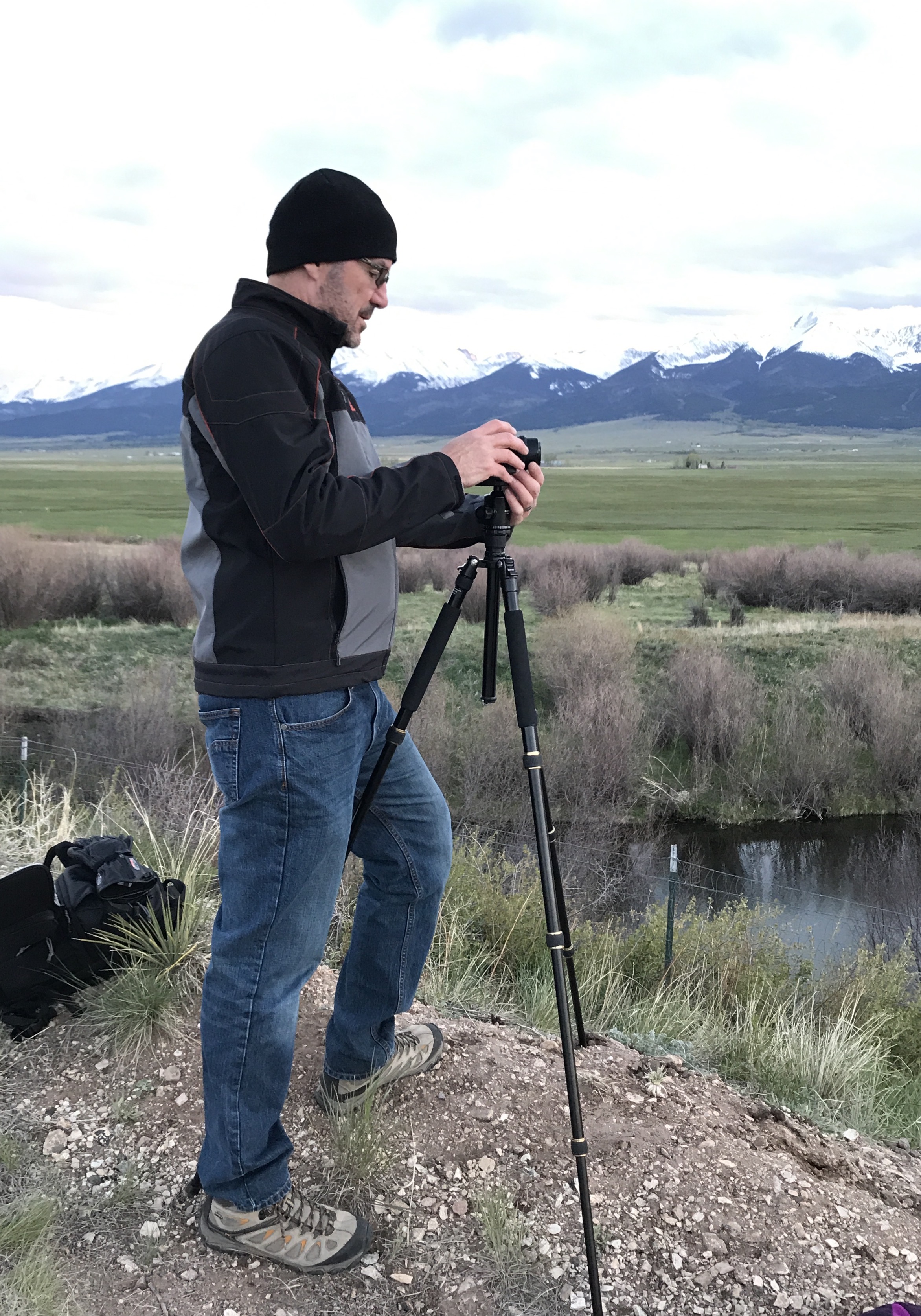Expansive or Contracted
- Chris Monnette

- Aug 28, 2025
- 3 min read
The Mind I Choose

I like to think of myself as someone with an expansive perspective, someone who tries to stay open and curious. But I can catch myself shrinking fast, especially when it comes to politics. Over my life I’ve probably voted Republican more often than Democrat, but in recent elections I’ve moved much farther to the left. I’m quick to pin unflattering labels on today’s Republicans, dismissing their motives outright. Some of those criticisms may be fair at times. But if I’m honest, the same faults can be found on both sides of the aisle. Not maybe. Absolutely.
For years, I dismissed everything Trump did. But there’s one thing I can’t shake: he took his agenda and made it happen. I question his ethics, his honesty, and whether he truly delivers on his promises. But he showed the world something real—he bent the system. It’s not the kind of change I celebrate, and much of it created chaos, but I still find myself almost jealous on behalf of the liberal side. He proved that change is possible if someone is willing to risk pushing for it. That realization cracked my mind open, just a little, to see possibility where before I only saw dysfunction.
That is what it feels like to shift from contracted to expansive. The air gets lighter. My chest loosens. Hope slips in where before there was only fear or cynicism. I’m not suddenly a Trump supporter, far from it, but the fact that I can recognize even one thing across the aisle feels like progress. At the very least, it means I am looking for the good instead of drowning in the bad.
I see that contracted mindset all over the place these days, from politics to religion. Whenever questioning is shut down or curiosity is treated as a threat, the mind closes in on itself. But it isn’t just “out there” in churches or parties. It’s in my own home and in my own thoughts.
I see it when I assume I know what someone I love is feeling. I catch myself deciding that I already understand their motives, so why bother asking? And just like that, I shrink the space between us. But when I stop and actually ask my wife, Marilyn, what she’s feeling, when I risk being wrong, the room feels bigger. I realize I don’t have to live inside my own assumptions; I can let curiosity widen the conversation.
The smallest words reveal the difference. Two words, really: I can’t. Once those words take root in me, they become true. “I can’t” is a door slamming shut. The more honest phrase would be “I won’t” or “I don’t want to.” And sometimes that’s fine. But if I can say, “I want to, but I don’t know how,” that’s expansive. That’s an opening. The world shifts when I admit I want to learn.
My eyesight has forced me to wrestle with this more than anything else. Losing vision took away a lot of confidence I didn’t have much of to begin with. Yet it also gave me perspective. The fear of being judged for what I can’t do has softened, mostly because of the kindness of people around me—Marilyn, at the very top of that list. She doesn’t treat me as less, she simply helps. My son, my daughter, and good friends like Steve and Gary do the same. Their willingness to step in for even the smallest things means more than I can say. But the greater gift they give me is this: they remind me of what I can do.
In the end, the world doesn’t shrink or expand on its own. It bends to the shape of the mind I bring to it. And I want that mind to keep expanding.




Comments